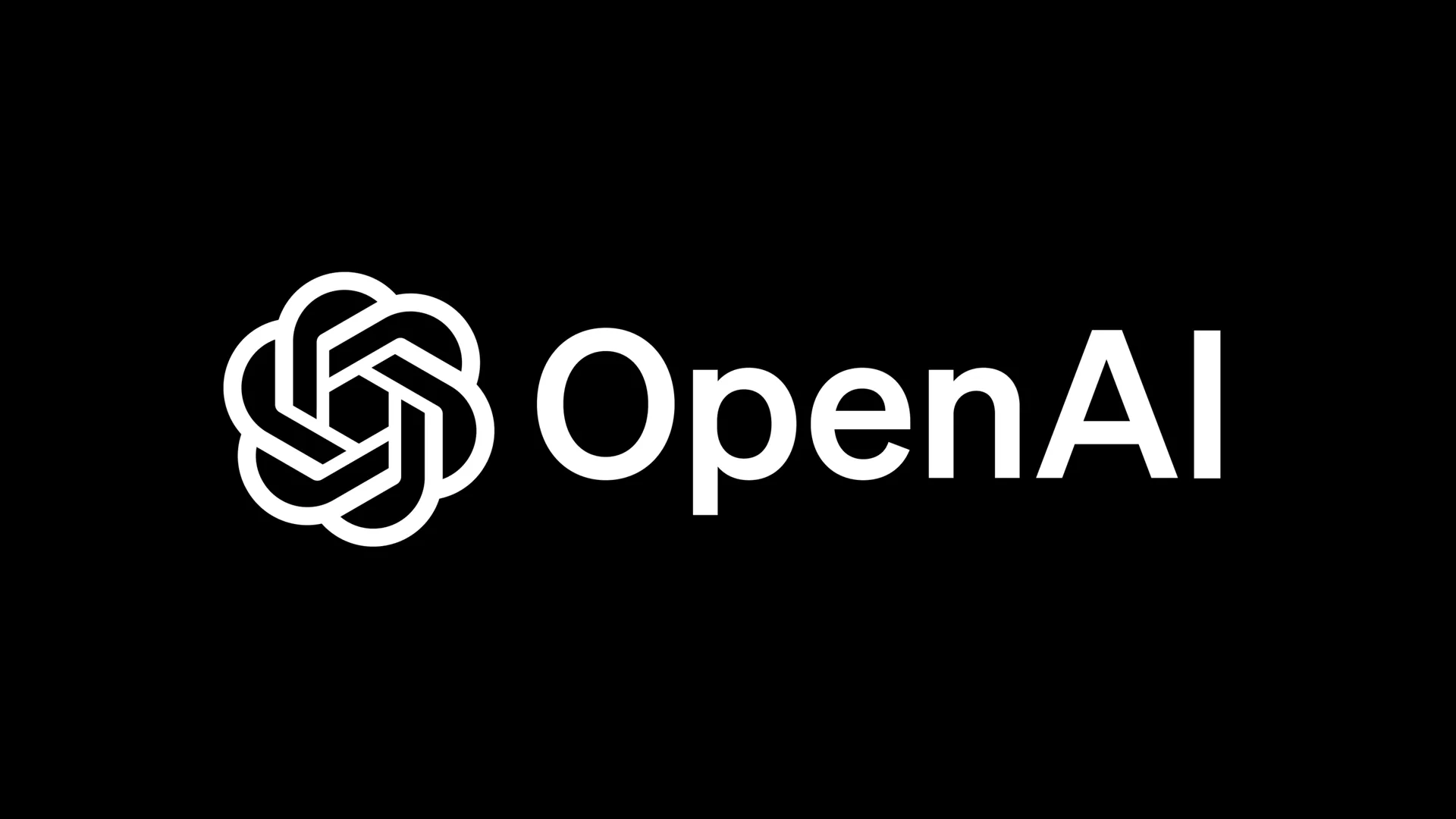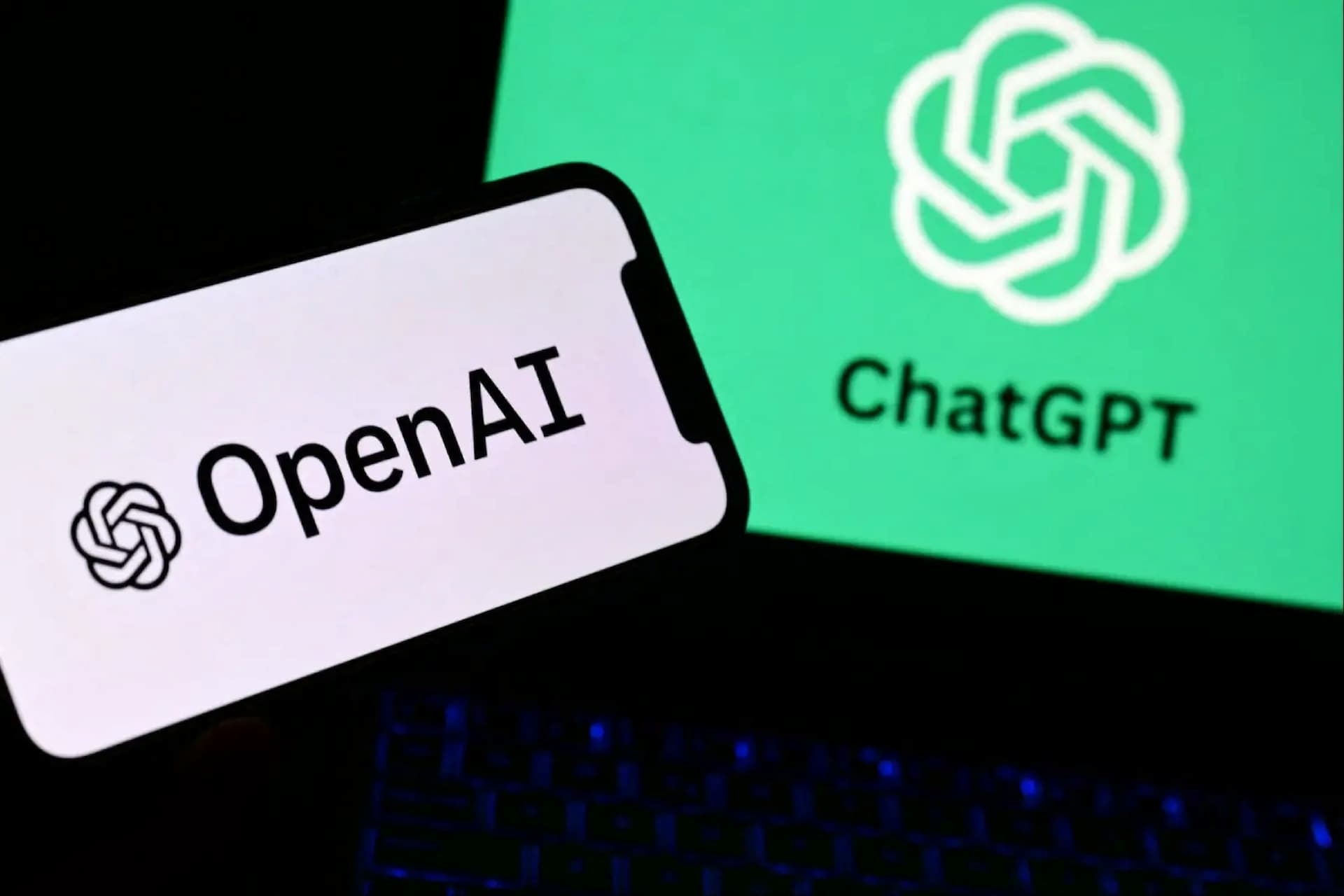OpenAI will offer UK data residency for API Platform, ChatGPT Enterprise, and ChatGPT Edu from October 24. The option, announced by Deputy PM David Lammy, is tied to a Ministry of Justice partnership. The government says it boosts privacy, security, and resilience for public services and business.
Lammy will unveil the ‘sovereign capability’ at OpenAI Frontiers, citing early MoJ efficiency gains. Over 1,000 probation officers will use Justice Transcribe to record and auto-transcribe offender meetings. Hours of admin shift to AI so staff can focus on supervision and public protection.
OpenAI CEO Sam Altman says UK usage has quadrupled in the past year. The company pitches AI as a way to save time and lift productivity across sectors. MoJ pilots have sparked interest from other departments, with broader adoption expected.
Data residency is a key blocker for regulated sectors, and this move aims to address that gap. Keeping data within the UK can simplify compliance and reduce perceived risk. It also underpins continuity plans by localising sensitive workloads.
ChatGPT Atlas, an AI-first web browser, was also announced this week. Its arrival could nudge users away from keyword searches toward conversational answers. OpenAI faces rivals Anthropic, Perplexity, and big tech incumbents in that shift.
Would you like to learn more about AI, tech, and digital diplomacy? If so, ask our Diplo chatbot!










